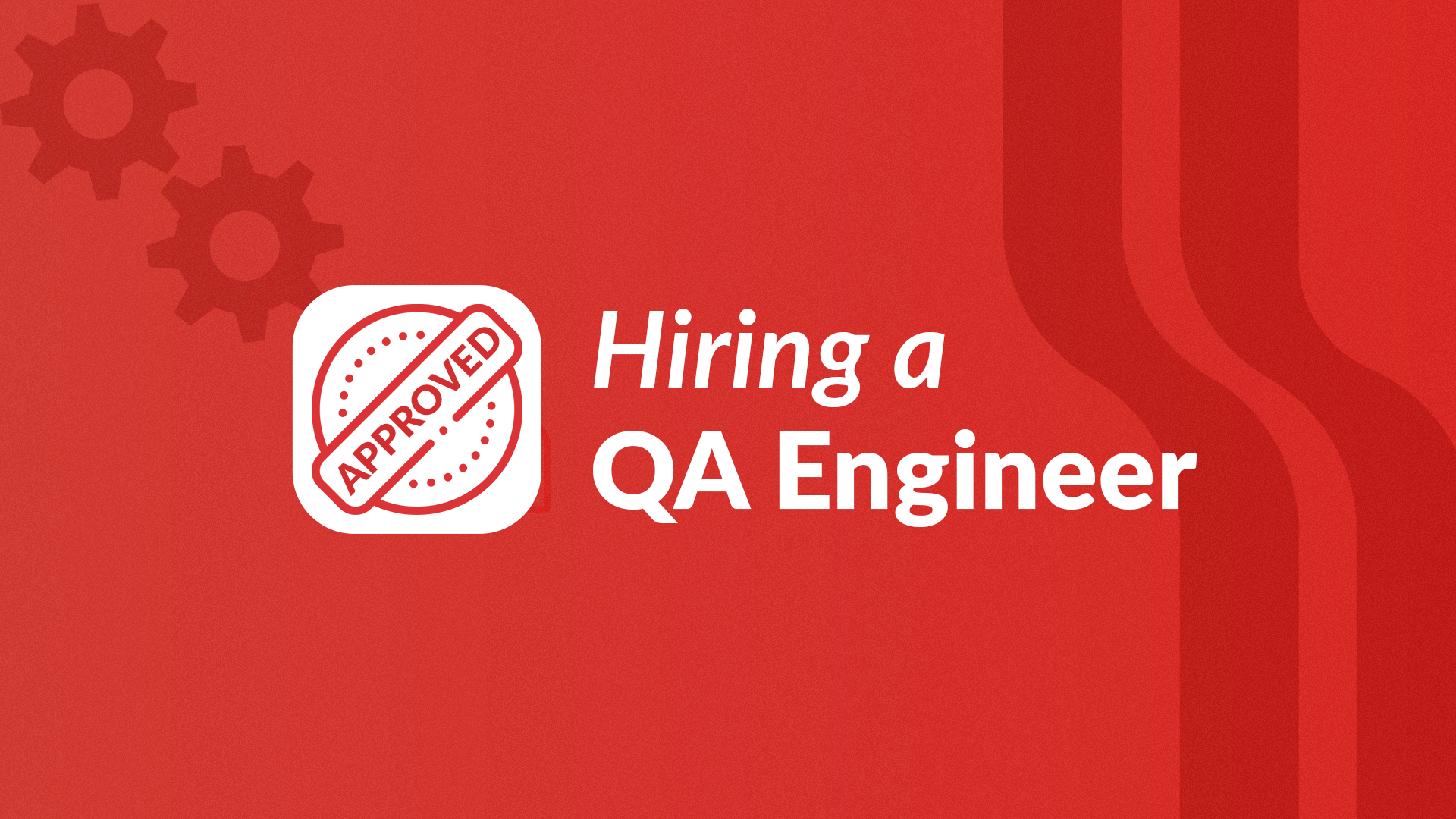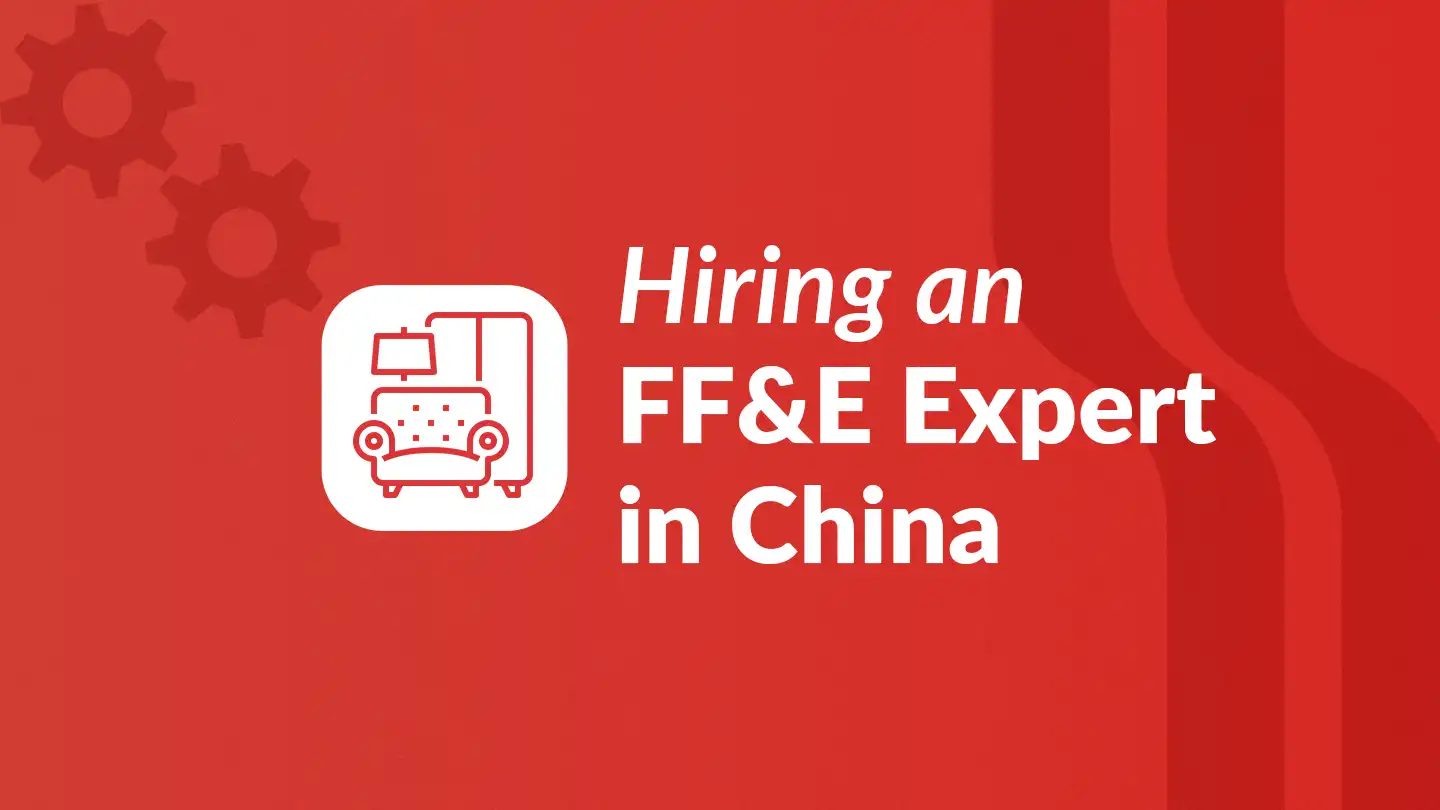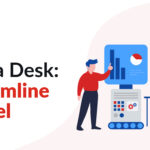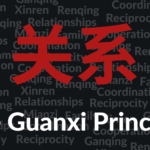If quality depends on catching defects at the end, it is already too late. Take the Anker power bank recall: a downstream supplier changed a battery cell material without approval, and the issue wasn’t detected until products were in the field. Incidents like this show why robust, audited processes across every tier of the supply chain matter more than end-of-line checks. So who designs, audits and stress-tests those processes? Enter the quality assurance (QA) engineer.
A QA engineer will examine:
- How machinery is used and maintained
- How labour is trained and managed
- Factory layout and workflow optimisation
- How goods are split into conforming and non-conforming categories
What’s the Difference Between QA and QC Engineers?
This trips people up all the time. A QA engineer isn’t the same as a quality control (QC) engineer. A QA engineer isn’t the person poking at your products with a magnifying glass; that’s quality control. Instead, think of them as your process auditor: they review how your factory operates, not what comes off the production line.
- Reviews factory processes and procedures
- Audits how IQC and OQC are conducted
- Focuses on preventing quality disasters
- Examines systems, training and workflows
- Tests products that come off the line
- Actually performs the IQC and OQC testing
- Focuses on spotting quality issues
- Gets their hands dirty with inspection and testing
Here’s an example: Instead of doing the incoming quality control (IQC) and outgoing quality control (OQC) testing themselves, a QA engineer in China reviews how the factory conducts these processes. Are they following proper procedures? Are staff properly trained? Is equipment calibrated correctly? It’s the difference between doing the job and making sure the job’s done right.
Why Would I Need a QA Engineer in China?
Simple answer: Because prevention is cheaper than fixing problems later.
We’ve all heard the horror stories about product recalls. A QA engineer helps you dodge these bullets by:
- Preventing quality disasters before they happen
- Building supplier relationships on solid processes
- Ensuring consistent quality across different production runs
- Reducing returns, complaints and damage to your reputation
- Saving money by catching system problems early
Without proper QA oversight, you’re gambling with your product quality every single order.
What Should I Pay Them?
Salary averages range greatly depending on location and industry, but here’s a ballpark:
For a detailed breakdown of hiring a QA engineer in China, complete our salary calculator.
Essential Qualifications that Justify Higher Pay:
- ISO standards knowledge (ISO 9001, TS 16949)
- Manufacturing process expertise
- Bilingual capabilities
- Certified Quality Engineer (CQE) certification
Should I Hire Direct or Outsource?
Here’s the thing: it really depends on the size of your operation and how much hassle you’re willing to put up with.
Big organisations typically hire their QA engineers in China directly because they want that laser focus on their specific products and processes. Smaller companies, though, often find themselves in a right pickle with the entity setup requirements. So they end up outsourcing instead.
Yet, with outsourcing you’re not always going to get the focus and dedication you need. Plus, the best QA experts (the ones who really know their stuff) generally prefer proper employment.
An Employer of Record service is a good middle ground. You get your own dedicated QA engineer without setting up a Chinese legal entity. They work exclusively for you, but someone else handles all the compliance.
Now, since this is fundamentally a supply chain role, we reckon you want an employer of record that actually understands supply chains inside and out, not just someone who’s good at paperwork. Which is precisely why we’d recommend considering our China Desk service for hiring a QA engineer.








